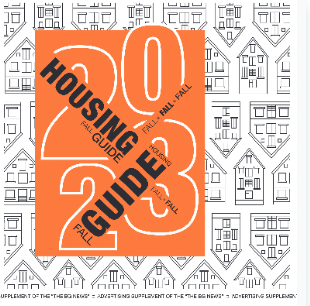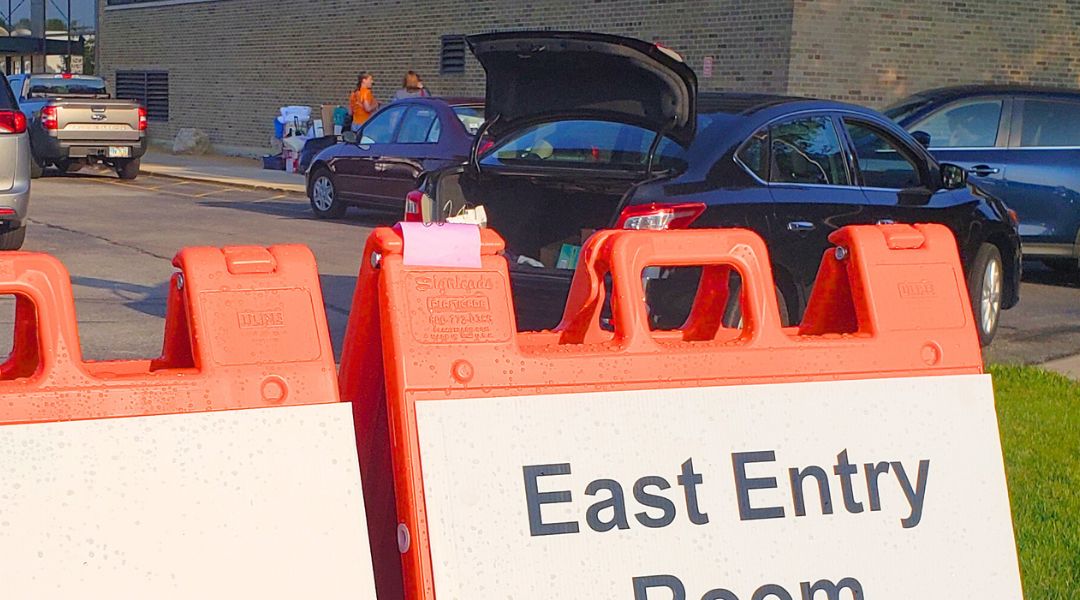I recently decided to take the next step in my education, and apply for admission to the master’s in history program here at BGSU. As of recently I have been admitted to the program of my dreams with financial aid offered from the university. At first the application process seemed incredibly overwhelming to me, with a large variety of paperwork required. But, with guidance and concentration it became much easier. As such I want to share with you what I learned while applying to graduate school.
Research your options
The first step in applying to graduate school is to research the schools you potentially want to go to. A master’s program is much more specialized in its focus than an undergraduate education. Thus, connections with the faculty you will be working with for the next two years is critical.
Matt Schumann in the BGSU history department said one of the most important factors for preparing for a master’s application is “meeting people and making connections.” Additionally, each school, and each department, will have their own separate requirements.
Whereas one program might require you to provide standardized testing scores for the GRE (which I will discuss later), another might not require them whatsoever. Finally, it is widely unknown that you do not have to go for a master’s degree in the same area you have your bachelor’s degree in. An education major could go for a graduate degree in mathematics, history or chemistry for example. Doing your homework will not only ensure that the program is the right fit for you, but also that you are the right fit for the program.
Letter of intent
This is the most important aspect of your application. Your letter of intent is a basic outline of who you are and your background, what you intend to specialize in if admitted and your plans for either employment or further education after you’ve obtained your degree. Your application will be reviewed by a committee of several faculty from that department. These evaluators will look at this part of your application before your transcripts, your test scores, your writing samples, your test scores, all of it. This letter is their first impression of the applicant, given you have not taken one of their classes in your undergraduate education.
Letters of recommendation
I personally had to request and submit three letters of recommendation for my application. Two of these came from professors in the history department who I had worked with during my undergraduate education, and the third coming from someone who worked at the historical museum I had interned at. Again, this requirement varies from department to department, but the general rule, as recommended by the BGSU graduate college, is three letters, at least two of which coming from professors you have had class with, preferably in the discipline you are applying to. It is common courtesy to request these letters from your recommenders at least one month in advance in order to give them ample time to write a quality assessment of your character, work ethic, and skill. As such, you should take great care in reviewing and revising this paper, which typically is 2-3 pages in length.
Additional requirements
Some programs will require you to take a standardized test known as the Graduate Record Examination. The exam aims to measure your skill in verbal reasoning, quantitative reasoning and analytical writing. The test is proctored online at numerous sites around the country by the Educational Testing Service. I personally never had to take the GRE due to my department’s requirements.
Current BGSU M.A. student Quntin Monin said when referring to the GRE it was “my biggest hurdle.” GRE review courses are also offered by a wide variety of private companies, and practice exams are available online for free. For degrees with a heavy writing component, a writing sample will also be needed. This sample should generally be a term paper of about 15 to 20 pages (the amount of pages can vary by department) that you received high marks on. Make sure you take into account any comments or suggestions the professor gave when initially grading it. Also, the writing center on campus would be helpful. The graduate college also requires official transcripts from all universities and colleges attended to be sent directly to the graduate offices in the McFall Center. Finally, a resume might be required. An appointment with the on-campus career center would certainly help formulate a professional and thorough resume for your application.














